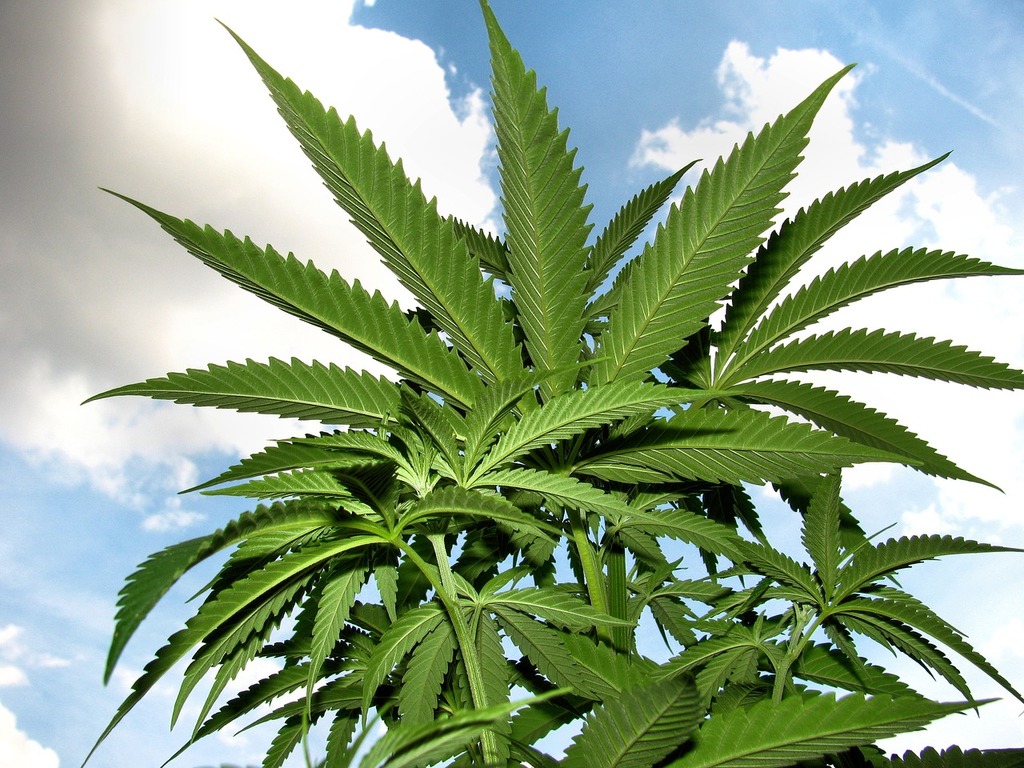Medical Marijuana Legalization in Hospitals
 Medical marijuana legalization has come a long way in a very short amount of time, but cannabis use in hospitals is a different matter. Although the world is rapidly learning of the true healing benefits of the cannabis plant, and the social stigma is dissipating daily, hospital drug policy has not kept pace with popular opinion. Currently, medical cannabis patients are prohibited from using cannabis in a hospital setting, even in states with established medical cannabis programs.
Medical marijuana legalization has come a long way in a very short amount of time, but cannabis use in hospitals is a different matter. Although the world is rapidly learning of the true healing benefits of the cannabis plant, and the social stigma is dissipating daily, hospital drug policy has not kept pace with popular opinion. Currently, medical cannabis patients are prohibited from using cannabis in a hospital setting, even in states with established medical cannabis programs.
This is difficult for many people to understand, especially if they are currently seeing positive results of using medical marijuana, as is the case with many cancer patients. Cannabis is sometimes the only medication that alleviates the terrible nausea, vomiting, fatigue and extreme pain brought on by chemotherapy and radiation. When a cancer patient is admitted to a hospital, however, they may be unable to use their legitimate, legal medical marijuana prescription for days or even weeks. Dangerous, addictive opioid medications may be their only alternative.
Admittedly, hospital officials are between a rock and a hard place when it comes to developing and implementing hospital drug policy which would allow their patients to use medical marijuana while in the hospital. While medical marijuana legalization is a reality in the majority of the United States, and some states allow both medical and recreational use of cannabis, the plant is still considered a Schedule 1 drug, and therefore illegal, by the federal government.
A 2017 National Institute of Health (NIH) article points out the obvious: ‘Despite the federal Schedule I status of cannabis (defined as no currently accepted medical use and high potential for abuse), 28 states and Washington, D.C., have enacted medical cannabis laws. An additional 16 states have enacted cannabidiol (CBD)–specific laws. Given that the majority of the United States has laws that involve the cannabis plant or one component of the plant (i.e., CBD), it is important for pharmacists and other health care providers to consider the implications of cannabis use for hospital policies and operations.’
If hospitals were to allow cannabis use by their patients while it remains illegal by federal standards, they would put themselves at enormous risk for serious legal action; federal funding could be withdrawn, and hospitals, administrators, and staff could face significant penalties. Doctors also cannot prescribe or provide medical cannabis in a hospital setting due to a lack of FDA approval. Pressure is mounting from voters in more and more states who are demanding to be allowed to bring their own supply of medical marijuana into the hospital for their own private use.
Unfortunately, bringing a personal supply of medical marijuana into the hospital is also difficult to accomplish as hospitals must abide by The Joint Commission Standard MM.03.01.05 policy which states that the hospital must “safely control medications” brought into the hospital by patients, their families, or licensed independent practitioners. Under this standard, the hospital must identify the medication and evaluate its integrity, determine when this type of medication is administered, and inform the prescriber, the patient, and the family if the medication isn’t permitted. Some have considered implementing hospital drug policies which could address this standard, but the issue is complicated. How would this particular medication be identified, properly evaluated for integrity, and permitted if it is federally illegal?
Although hospital use of cannabis as medicine is a complicated issue at the moment, the good news is that there are leading health care organizations pushing lawmakers for high-quality cannabis research and patient care considerations. According to the NIH article, the American Medical Association (AMA) “believes that effective patient care requires the free and unfettered exchange of information on treatment alternatives and that discussion of these alternatives between physicians and patients should not subject either party to criminal sanctions.” The article goes on to note, “If hospitals decide to develop a policy for cannabis use, it is imperative for them to obtain legal consultation during development and to conduct continual review to ensure compliance with federal, state, and case law.”
Medical cannabis legalization is an ongoing process, and hospital use of medical cannabis must be given careful consideration to address all relevant factors. Hospital administrators and staff must be properly educated in the use, administration, control, and efficacy of medical cannabis and its interaction with other medications and patient treatments, and employees must be thoroughly educated about their hospital’s medical cannabis policy. With the tide of public opinion turning in favor of medical marijuana legalization, hospital drug policy will change because it must change. It is only a question of time.
If you’re in the Colorado Springs area, Medical Alternatives is here to help you with your medical marijuana needs. If you have any questions about the proper application of medical marijuana for your situation, please contact us at(719) 246-0393 or email us your questions at: hello@medicalalternativesclinics.com.
If you would want to schedule a medical marijuana consultation with one of our medical marijuanaexperts at our facility, please visit our online portal or contact our MMJ clinics in Colorado Springs or Pueblo. We offer same day appointments for current and prospective medical marijuana patients and can help you get your MMJ Red Card in three days or less!






